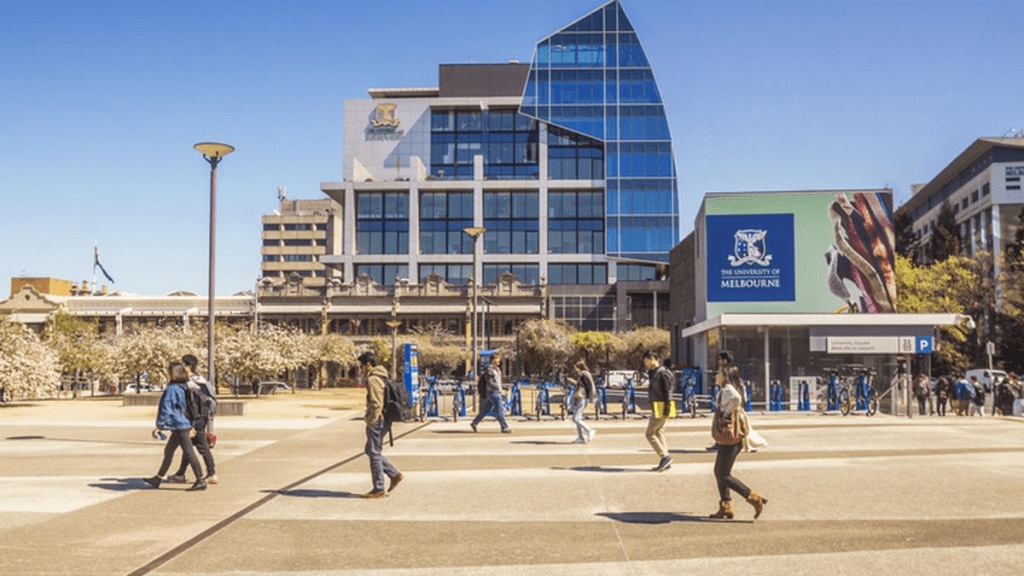Last week, Australia’s University of Melbourne (UniMelb) opened the Melbourne Global Centre in New Delhi. This centre is unlike the approach taken by other Australian universities such as Deakin and Wollongong, which have opened international branch campuses in India (in the GIFT City of Gujarat).
Prof Michael Wesley, deputy vice-chancellor (Global, Culture and Engagement), UniMelb, told FE that the aim is to engage with India through strategic partnerships, and establishing a centre rather than a campus best facilitates this collaborative approach. “We chose New Delhi as the location due to its strategic significance as the capital city, and its proximity to a large pool of prospective students,” Prof Wesley said. “This location enables us to foster meaningful partnerships with multiple Indian universities, as well as engage with the Indian government and various organisations with offices in New Delhi.”
He added that there is no intention to establish a UniMelb campus in India. “Instead, we have chosen a partnership-driven approach to engage with the Indian education sector. We believe that collaborating with local universities allows us to reach a wider audience of students,” he said. “The purpose of this centre is to facilitate partnerships with a diverse range of Indian universities, societies, and students, enabling meaningful academic exchange and cultural engagement.”
An education sector expert told FE that while it was natural for Deakin and Wollongong to open a campus in India on the invitation of the Indian government, expecting the absolute best in the world – like the UniMelb, or an Oxford or a Harvard – to open a teaching campus is too much.
“Most of the top-ranked universities of the world have a single-campus policy, or they have multiple campuses in the home country, because they believe that to attract the best faculty and students, it makes sense to concentrate everything on one physical location,” the expert said. “Instead of a teaching campus, they would invest in a centre that facilitates partnerships, like the UniMelb has done.”
She added that universities beyond, let’s say, top-50 in the world, are more flexible, and generally consider setting up a foreign campus as a practical way of expanding their footprint. “It doesn’t mean that a UniMelb will never have a campus in India, but they will have a more measured approach,” she said.
In the QS World University Rankings 2025, the UniMelb was ranked 13th in the world – as compared to Deakin University (197th rank), and the University of Wollongong (167th).
Prof Wesley added that the centre supports the university’s broader global partnership model. Within a couple of days of launch, the centre established the Bachelor of Science dual degree and teaching hub at Shoolini University in Himachal Pradesh, and partnered with the Indian Council of Agricultural Research (ICAR) to advance agricultural research.


